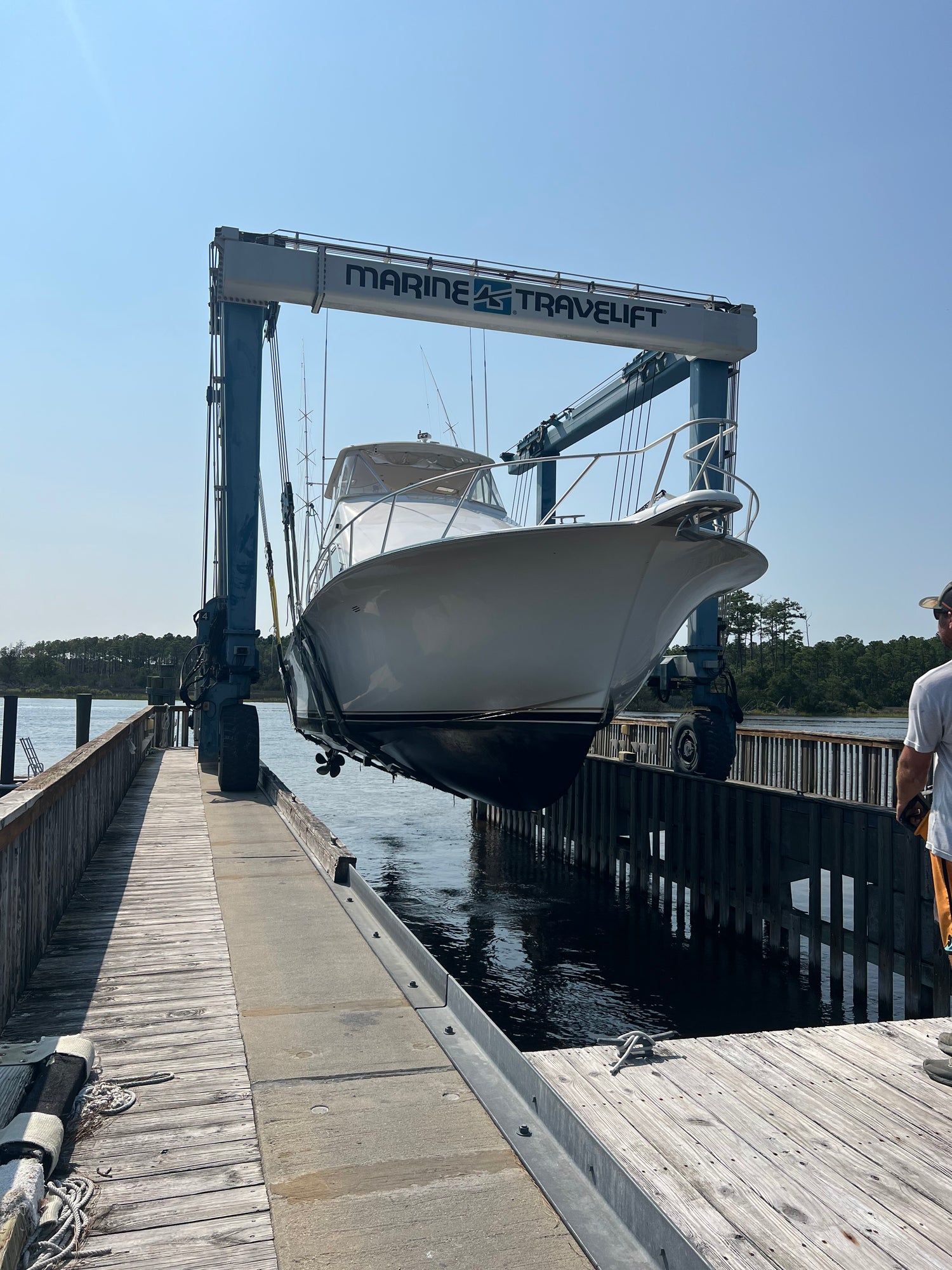
Managing a Vessel.
Yacht managers are the primary point of contact for vessel owners. A yacht manager is responsible for the overall operation of a yacht, including:
- Maintenance: Overseeing maintenance schedules and coordinating refits
- Crew: Managing crew rotations, recruitment, and payroll
- Safety: Ensuring the yacht adheres to safety protocols, such as the International Safety Management (ISM) Code and the International Ship and Port Facility Security (ISPS) Code
- Financial: Handling financial management, including accounting, budgeting, and reporting
- Compliance: Ensuring the yacht complies with all rules and regulations
- Guest services: Managing guest preferences and arranging excursions
- Marketing: Marketing the yacht for charters or events
- Insurance: Arranging surveys required for insurance

Scheduled and Coordinated Maintenance.
Coordinated maintenance in the context of yacht management refers to a systematic approach to maintaining various systems and components of a yacht to ensure optimal performance, safety, and longevity. It involves planning and executing maintenance tasks in a synchronized manner, taking into account the interdependencies between different systems onboard.
Key aspects of coordinated maintenance include:
1. Holistic Appraoch: Rather than treating maintenance as isolated tasks, coordinated maintenance looks at how different systems (engine, electrical, plumbing, etc.) work together and affect each other.
2. Scheduled Maintenance: It involves creating schedules for regular inspections, servicing, and repairs based on manufacturer recommendations, usage patterns, and seasonal requirements.
3. Preventive Measures: By proactively addressing potential issues before they become significant problems, coordinated maintenance helps avoid costly repairs and downtime.
4. Documentation and Tracking: Keeping detailed records of all maintenance activities, including dates, tasks performed, and parts used, is crucial for tracking the yacht's condition and planning future maintenance.
5. Collaboration: Effective coordinated maintenance often involves collaboration among crew members, service providers, and yacht owners to ensure that everyone is informed and aligned on maintenance goals.
Overall, coordinated maintenance enhances the safety, reliability, and overall enjoyment of the yacht experience.
A customizable approach to management tailored to your needs.
Tailoring yacht management to the specific needs of the vessel and its owner involves a personalized approach that considers various factors. Here are some key strategies to achieve this:
1. Understanding Owner Preferences: We conduct thorough discussions with the owner to understand their priorities, usage patterns, and lifestyle preferences. This includes their sailing habits, desired destinations, and special requirements.
2. Customized Maintenance Plans:
Develop maintenance schedules that align with the owner's usage patterns. For example, if the yacht is used seasonally, plan maintenance before and after the sailing season, and storage in between.
3. Crew Management: Tailored crew selection and training based on the owner's expectations and the yacht's operational needs. This may include hiring specialized crew for specific activities, like diving or gourmet cooking.
4. Technology Integration:
Utilize technology solutions that fit the owner's preferences, such as remote monitoring systems or apps for booking and communication. This can enhance the overall management experience.
5. Service and Supply Chain:
Establish relationships with service providers and suppliers that align with the owner’s standards and values, whether that’s luxury service, sustainability practices, or cost-effectiveness.
6. Personalized Itineraries:
Create customized sailing itineraries that reflect the owner's interests, such as exploring hidden coves, fishing spots, or cultural experiences at various destinations.
7. Regular Communication:
Maintain open lines of communication with the owner, providing regular updates on maintenance, operations, and any recommendations for improvements or changes.
8. Feedback Mechanism:
We implement a feedback mechanism to continuously gather insights from the owner and crew about their experiences, which can guide future management decisions.
9. Compliance and Safety:
Ensure that management practices are tailored to comply with local regulations, safety requirements, and insurance mandates specific to the vessel and its usage.
By focusing on these strategies, yacht management can be effectively customized to meet the unique needs and preferences of both the vessel and its owner, leading to a more enjoyable and efficient yacht experience.
